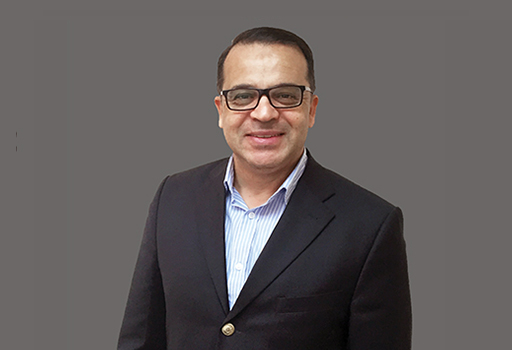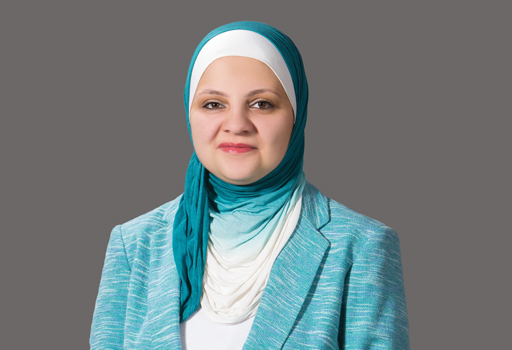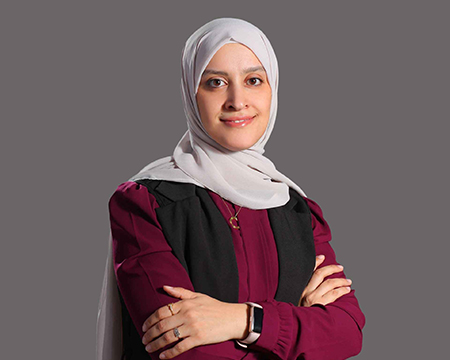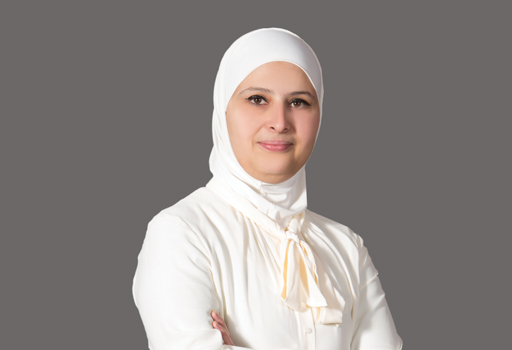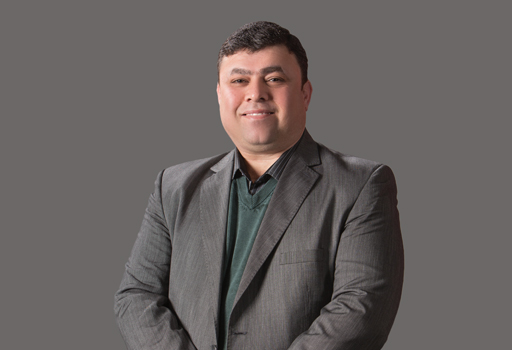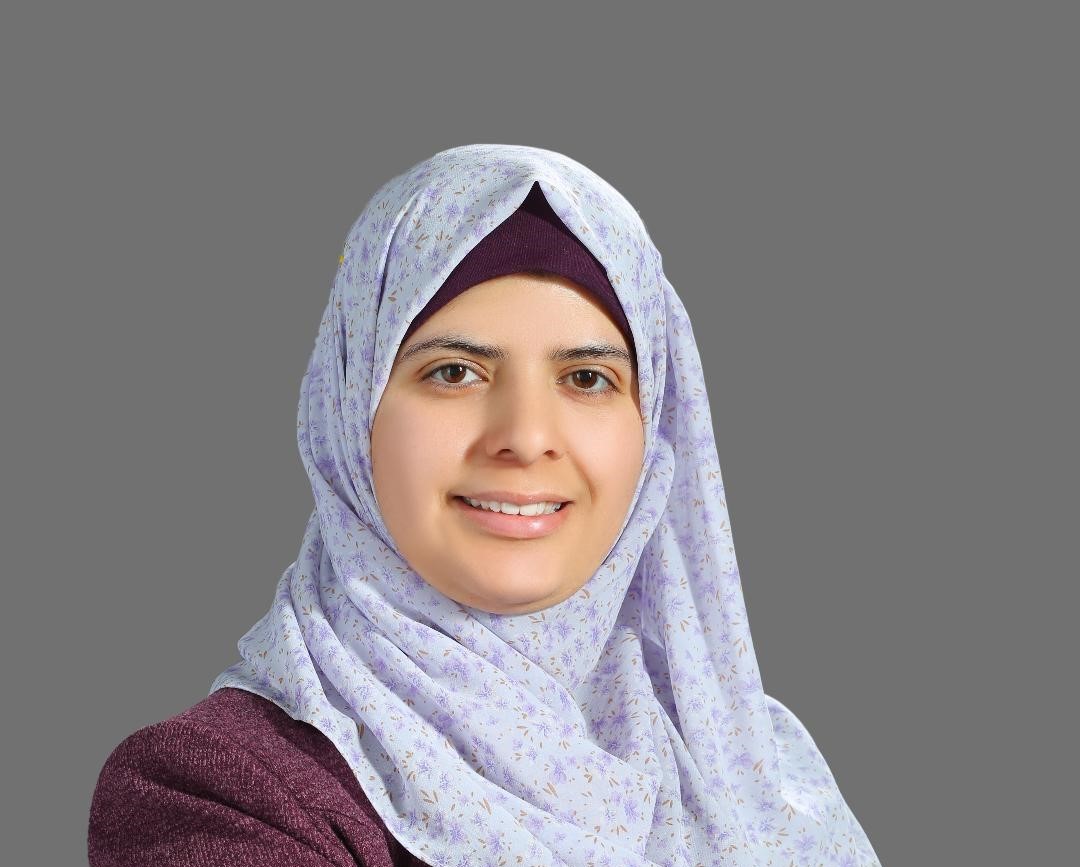Mission
Providing students with scientific, research and technical capabilities that qualify them to work as university professors and researchers. The program also contributes to stimulating the appropriate scientific research environment to develop the capabilities of faculty members at the university and other Jordanian universities, especially in scientific research of a high level, world-class and application-oriented, in line with the growing needs of economic and scientific development in Jordan, for the development of the information technology sector and the service of the surrounding environment.
Program Educational Objectives (PEOs)
Promote scientific research at the university and encourage scientific publishing and actively contribute to the global progress in computing and information technology sciences.
Preparing specialized and qualified scholars to meet Jordan's needs in applied scientific research and the requirements of the labor market in higher education locally and regionally.
Contributing to the transfer of knowledge and experience, contributing to the nation's scientific progress, and contributing to building its applied research capabilities
Finding scientific solutions to the dilemmas facing society and its development by providing a high level of applied research and transfer of advanced technologies.
Providing students in the program with the means, methods, methods of creativity, and scientific methodology necessary to produce sophisticated, distinguished and world-class scientific research.
Providing educational opportunities at the doctoral level at limited costs compared to the costs of similar studies abroad. These costs constitute a financial obstacle facing distinguished students that prevents them from completing their higher studies in high-level and distinguished universities.
Student Outcomes
- Analyze a complex computing problem and apply principles of computing and other relevant disciplines to identify solutions.
- Innovate in the design of computing-based solutions to meet a given set of computing requirements in the context of the program discipline
- Communicate effectively in a variety of professional contexts.
- Recognize professional responsibilities and make informed judgments in computing practice based on legal and ethical principles.
- Conduct scholarly research to apply concepts of Computing to contemporary issues and publish in peer-reviewed journals

 PSUT Portal
PSUT Portal 


